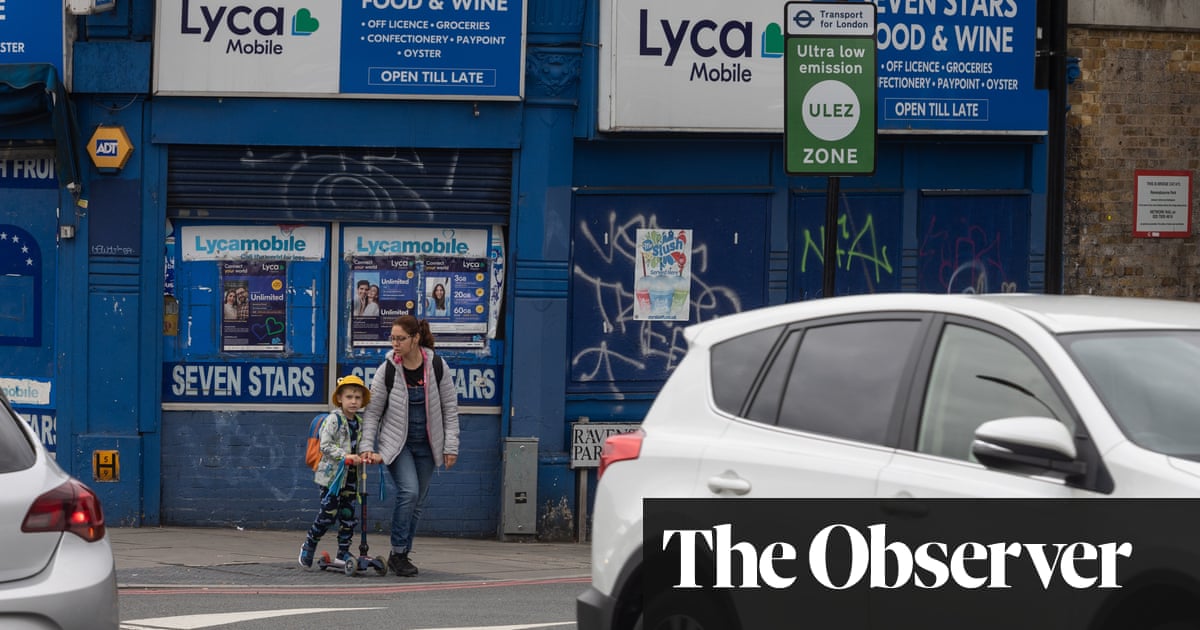- cross-posted to:
- climate@slrpnk.net
- cross-posted to:
- climate@slrpnk.net
This is the best summary I could come up with:
New measures to counter emissions of nitrogen oxides and other air pollutants will also be needed for buildings, heating plants and many other domestic and industrial sources in future.
The warning follows the controversy that has surrounded London’s ultra low emission zone (Ulez) in which drivers are charged for their vehicles’ polluting impact.
The decision has provoked opposition from some drivers and was blamed by various Labour party figures for the Conservatives surprise byelection win in Uxbridge and South Ruislip last month.
But scientists at the Wolfson Atmospheric Chemistry Laboratories at the University of York last week stressed the need to maintain air quality, particularly in cities.
However, the York team said they expected air quality to improve fairly rapidly in London’s outer areas as the extension of the city’s Ulez takes effect.
The problem is made worse because many people think that pollution from boilers and other building heating systems will disappear should gas and oil be replaced by hydrogen as a key fuel for keeping our homes, offices and factories warm.
I’m a bot and I’m open source!
I can’t see a buildings ULEZ being workable without a massive new scheme of grants and subsidies for household heating upgrades. The main barrier to moving from fossil fuel boilers is cost, for many homes the conversion cost is well into 5 figure territory and unaffordable to many homeowners and unattractive to many landlords.
U got a loicense for dat off loicense m8?
Just as ULEZ simply prices poor people out of driving, this will simply price poor people out of living in certain areas.
These are purely greenwashed attacks on the working class
The poorest in London don’t own cars
They don’t own houses either.
Why would you want to own a car in London of all places?
I’ve spent 37 years of my life living in zone 6 with no need for a car. I can get from my front door to zone 1 in 40 minutes on the train. Cars are a luxury not a necessity in London.
This sort of move works best when it’s part of a broader sweep of policy initiatives; improvements to public transport, more flexible working arrangements etc etc. Alongside designing cities that work for people, not just their cars.





